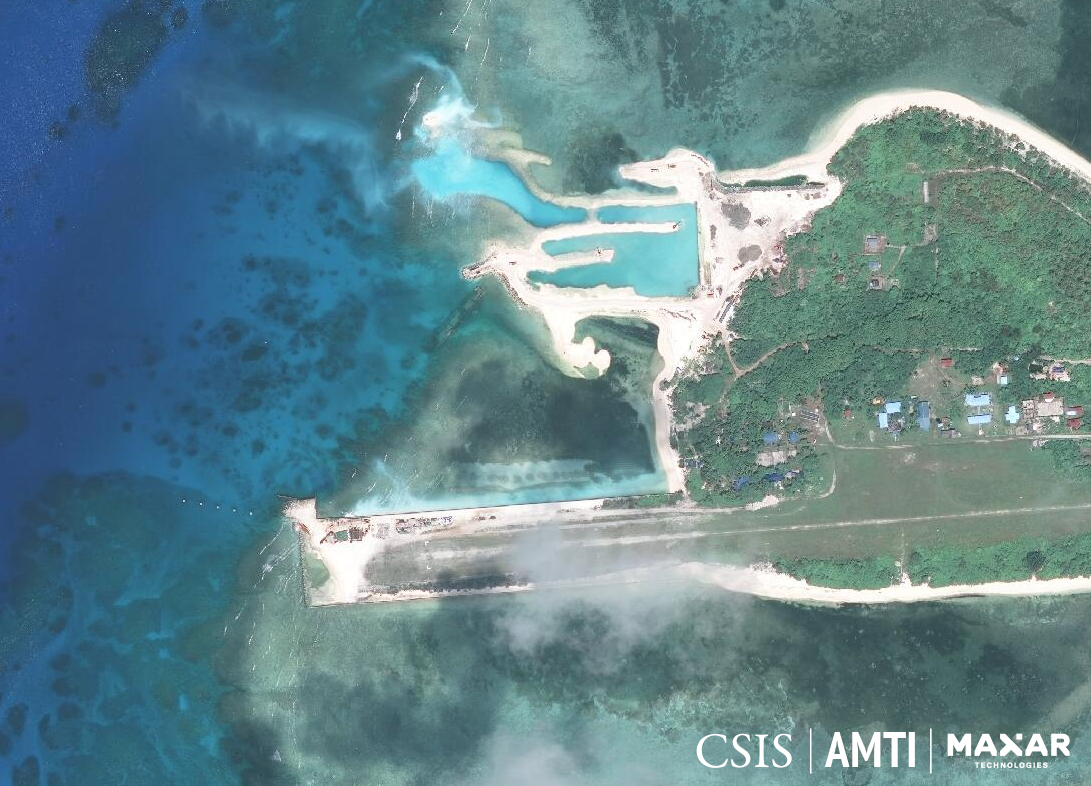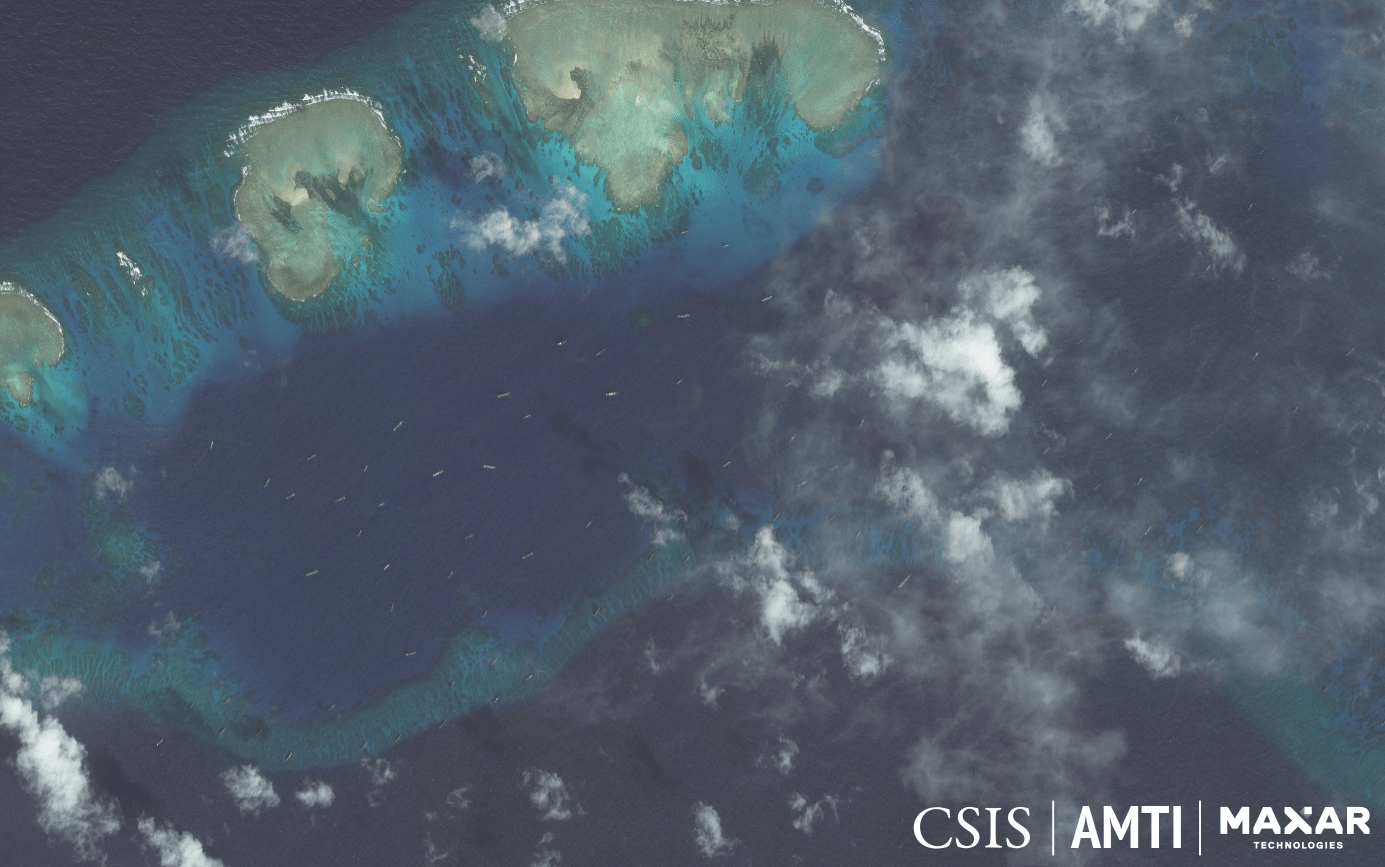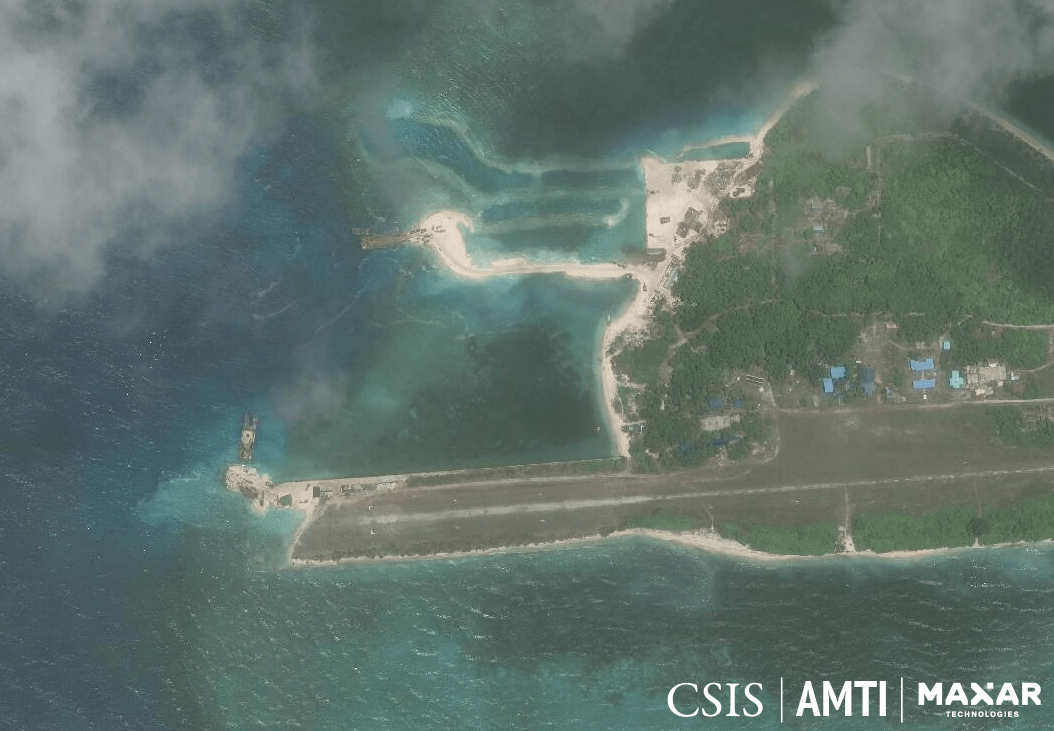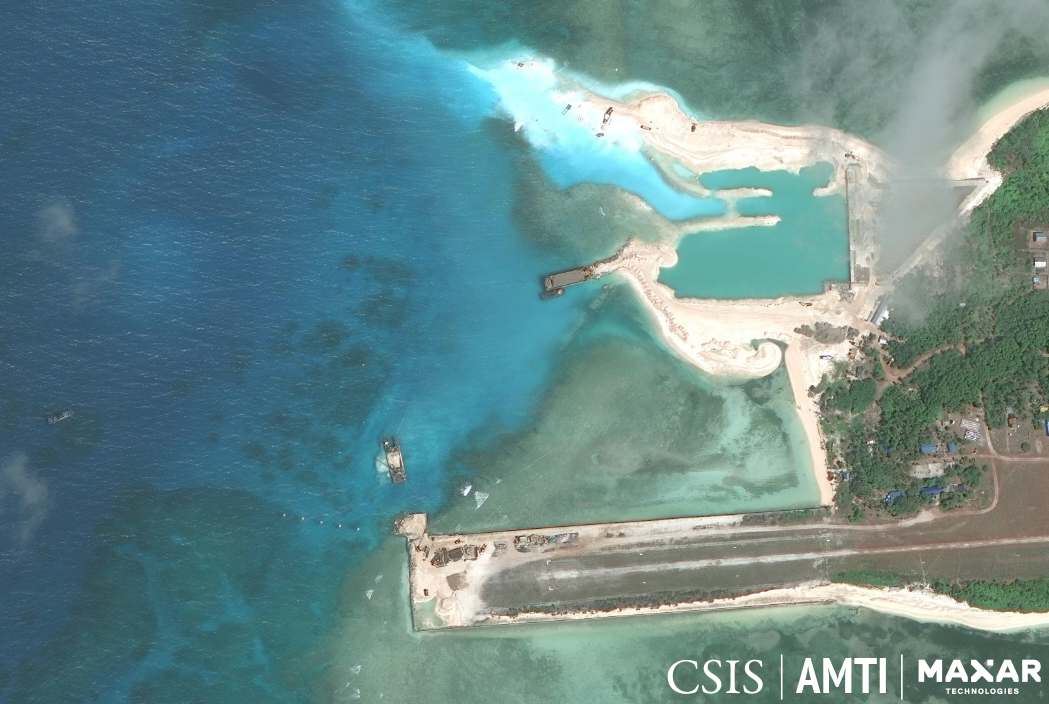From the Philippine News Agency (Mar 7, 2020):
Gov’t to protect youth regardless of ethnicity, religion: OPAPP Presidential Peace Adviser Carlito G. Galvez Jr. (Photo courtesy of OPAPP)
Presidential Peace Adviser Carlito G. Galvez Jr. (Photo courtesy of OPAPP)MANILA – Presidential Peace Adviser Carlito G. Galvez Jr. underscored the Duterte administration’s commitment to upholding the rights and welfare of the nation’s youth regardless of their ethnicity or religion.
“The government shall protect the Filipino youth no matter what their ethnic background or religious affiliation is,” Galvez said during the hearing held by the Special Committee on Peace, Reconciliation, and Unity of the House of the Representatives on March 5.
At the hearing, members of the Lower House were briefed on the memorandum issued by the Manila Police District (MPD) last January 31 entitled “Updated List of Muslim Students in High School, Colleges, and Universities in Metro Manila.”
In a position paper released by the MPD, its leadership explained that the memo’s issuance was part of the agency’s efforts to initiate programs for the youth, as directed by the Salaam Police Unit of the Philippine National Police.
Galvez further cited the need to empower the youth on peace-building and reconciliation as part of their larger role in society, which are reflected in the programs being implemented by the Office of the Presidential Adviser on the Peace Process (OPAPP).
Empowering the youthUnder its Social Healing and Peace-Building (SHAPE) program, the OPAPP has for the past three years been carrying out initiatives to promote social healing and reconciliation among residents of Marawi, particularly among the city’s highly vulnerable sectors, such as the youth.
In 2017, the OPAPP set up its Youth Peace Table (YPT), which aimed to capacitate youth leaders to become agents of peace and development in their communities. To date, the YPT has engaged more than 100 youth leaders and established 76 youth networks across the country.
In 2018, a total of 80 Bangsamoro youths were chosen to act as district, party, and sectoral delegates in the Bangsamoro Parliament. As part of their immersion, the youth delegates crafted bills that were turned over to the then Autonomous Region in Muslim Mindanao (ARMM) government.
During the same year, the College Education Assistance Project (CEAP) was established to provide cash assistance and capacity-building training on conflict-sensitive and peace-promoting (CSPP) approaches to 1,181 college students in the ARMM.
In 2019, the YPT’s activities were consolidated into a larger peace movement with the creation of the Bangsamoro Autonomous Region in Muslim Mindanao (BARMM) Youth, Peace, and Security (YPS), which highlighted the youth’s key role in peace-building.
The OPAPP, through the Mindanao Indigenous Peoples Youth Organization (MIPYO), has also helped capacitate IP youth representatives from across Mindanao to become responsible leaders in the community, and help the government end the decades-long communist rebellion.
However, Galvez said, the nation should also institutionalize peace education to sustain the gains and principles of these programs.
Peace Education for the YouthDuring his visit to the Mindanao State University in General Santos City and San Beda University in Manila, Galvez noted the need to integrate peace education in the school curriculum.
“But in order to make peace sustainable and enduring, peace education should be part of all academic discourse and humanities,” he said.
“It (peace education) should be comprehensive and multi-pronged. To do this, OPAPP is partnering with different universities so that peace education will be mainstreamed in academic institutions,” Galvez added.
Document on Human FraternityTo complement all these initiatives, he said, the OPAPP adheres to the principles of the “Human Fraternity for World Peace and Living Together” document issued by Pope Francis and the Grand Imam of Al-Azhar Ahmad Al-Tayyeb.
“This document emphasizes the values of peace, mutual understanding, human fraternity, harmonious co-existence, justice (based on mercy), and love,” he explained to legislators during the committee hearing.
Signed in Abu Dhabi on Feb. 4, 2019, the Document on Human Fraternity states the need for nations across the globe to collectively address the growing threat of terrorism, which is not based on religion, but on inaccurate interpretations of religious texts and policies.
“The Human Fraternity document should be used as a reference of all organizations in crafting their programs and policies. Doing so will allow them to prevent situations of conflict brought about by cultural and religious differences,” Galvez said. “We must always remember that the Duterte administration’s Peace and Development is anchored on the principles of equality, justice, and respect. The government will never implement anything that would go against these principles.”
He thus called on the Filipino youth -- Muslims, Christians, and Lumads -- to help the government in “tearing down the walls of fear, hatred, and mistrust, and building bridges of peace, understanding, and unity among our people.” (OPAPP-PR)






















